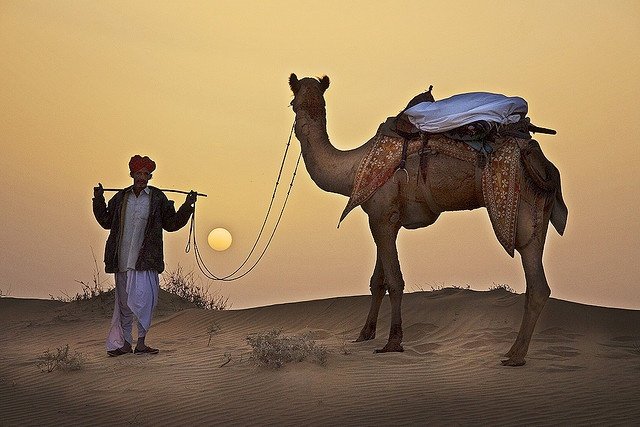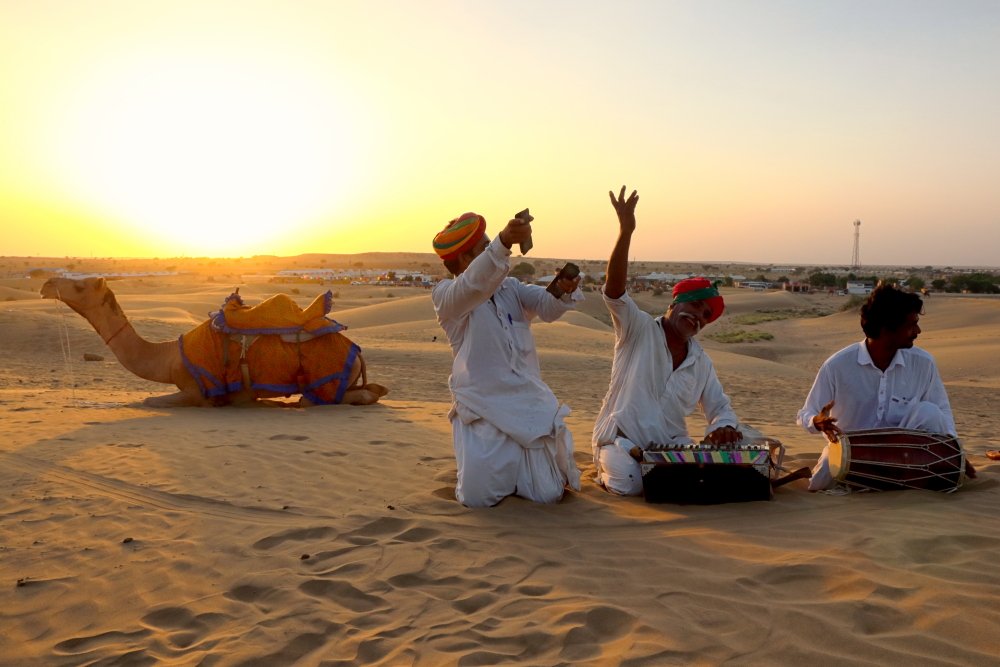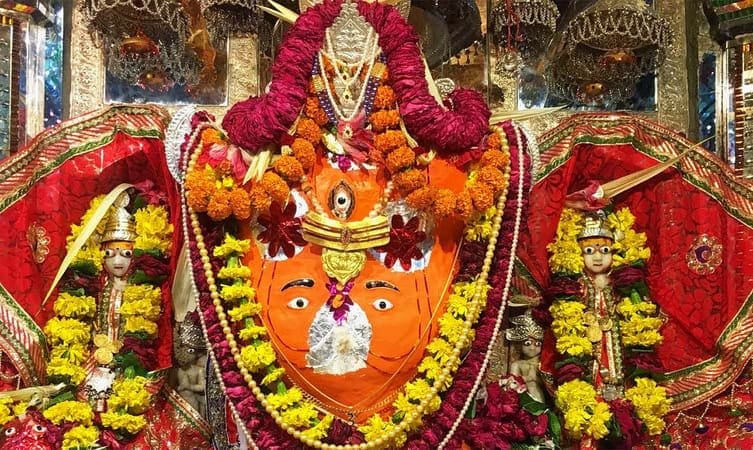Jaisalmer, the Golden City of Rajasthan, has a history shaped by warriors, merchants, desert landscapes and architectural brilliance. Once a powerful Rajput kingdom, today it stands as one of India’s most fascinating tourism destinations — where ancient traditions and modern hospitality come together in the heart of the Thar Desert.
Here is a look at Jaisalmer’s journey through centuries.
The Birth of a Desert Kingdom
Jaisalmer was founded in 1156 AD by Maharawal Jaisal Singh, a Rajput ruler of the Bhati clan. He chose Trikuta Hill as the site for his new capital — a high point rising above the desert for natural protection. The fort he built became the heart of Jaisalmer and the defining symbol of the kingdom.
With its strategic location along major trade routes connecting India with Persia, Arabia and Central Asia, Jaisalmer quickly grew into a prosperous trading center.
The Golden Fort and Its Legacy
The most iconic structure in the city is Jaisalmer Fort, often called Sonar Quila or the Golden Fort. Made entirely from yellow sandstone, it glows dramatically under the sun.
Behind its walls, havelis, palaces, Jain temples and residential areas flourished as the city expanded. The fort not only served as a defense base but also as a thriving hub of everyday life — a unique trait that continues today.
Travelers today can extend their exploration into the desert with a thrilling
Desert Jeep Safari Jaisalmer
to understand the landscape that shaped this kingdom.
Wealth from Desert Trade
Jaisalmer’s merchants played a key role in caravan trade. Goods like:
- Spices
- Silk
- Copper and silver
- Valuable stones
moved through the city, bringing wealth and cultural influences from distant lands.
Grand merchant homes like Patwon Ki Haveli, known for stunning carvings, stand as proof of the prosperity that trade brought to Jaisalmer.
Battles, Alliances and Survival
Throughout its history, the Bhati Rajputs defended Jaisalmer from invasions by nearby kingdoms and Muslim rulers. One of the most remembered conflicts was with Alauddin Khilji in the 13th century — a battle that tested the fort’s strength and the courage of its defenders.
Despite hardships and periods of loss, the kingdom survived due to its harsh landscape, strong walls and the resilience of its people.
A New Era During British Rule
With the decline of traditional trade routes after sea routes emerged, Jaisalmer’s economic power weakened. During the British era, the kingdom maintained a semi-independent princely state status. While the population and prosperity slowed, the city’s unique heritage remained preserved.
Post-Independence Transformation
After India gained independence, Jaisalmer became a district of Rajasthan. The Indo-Pak border nearby shaped its strategic importance further, especially after the 1971 war.
At the same time, tourism began to emerge as a promising new chapter. Interest in desert culture, royal architecture and heritage travel sparked the city’s rise as a popular travel destination.
Rise of Tourism: A Golden Revival
Today, tourism is the lifeline of Jaisalmer’s economy. From fort tours to desert adventures, travelers from India and abroad come to experience the magic of the Golden City.
Experiences such as:
- Desert camping at the best camp in Jaisalmer
- Cultural nights featuring folk performances at
Culture Event in Jaisalmer - Architectural tours of havelis and temples
- Adventure trips into the dunes
have transformed Jaisalmer into one of Rajasthan’s most distinctive tourism gems.
Preserving the Past
Efforts continue to protect Jaisalmer’s heritage structures from environmental challenges and tourism pressure. Various conservation projects are underway to preserve the fort’s foundations, fragile carvings and ancient residential areas.
Responsible tourism helps maintain the balance between economic growth and cultural preservation. Travelers are encouraged to support local artisans, respect customs and make mindful choices during their stay.
Conclusion
Jaisalmer’s history is a journey from Rajput valor to desert trade prosperity, from architectural marvels to world-class tourism experiences. The Golden City has evolved while protecting its identity — the fort still stands as a living reminder of its glorious past.




